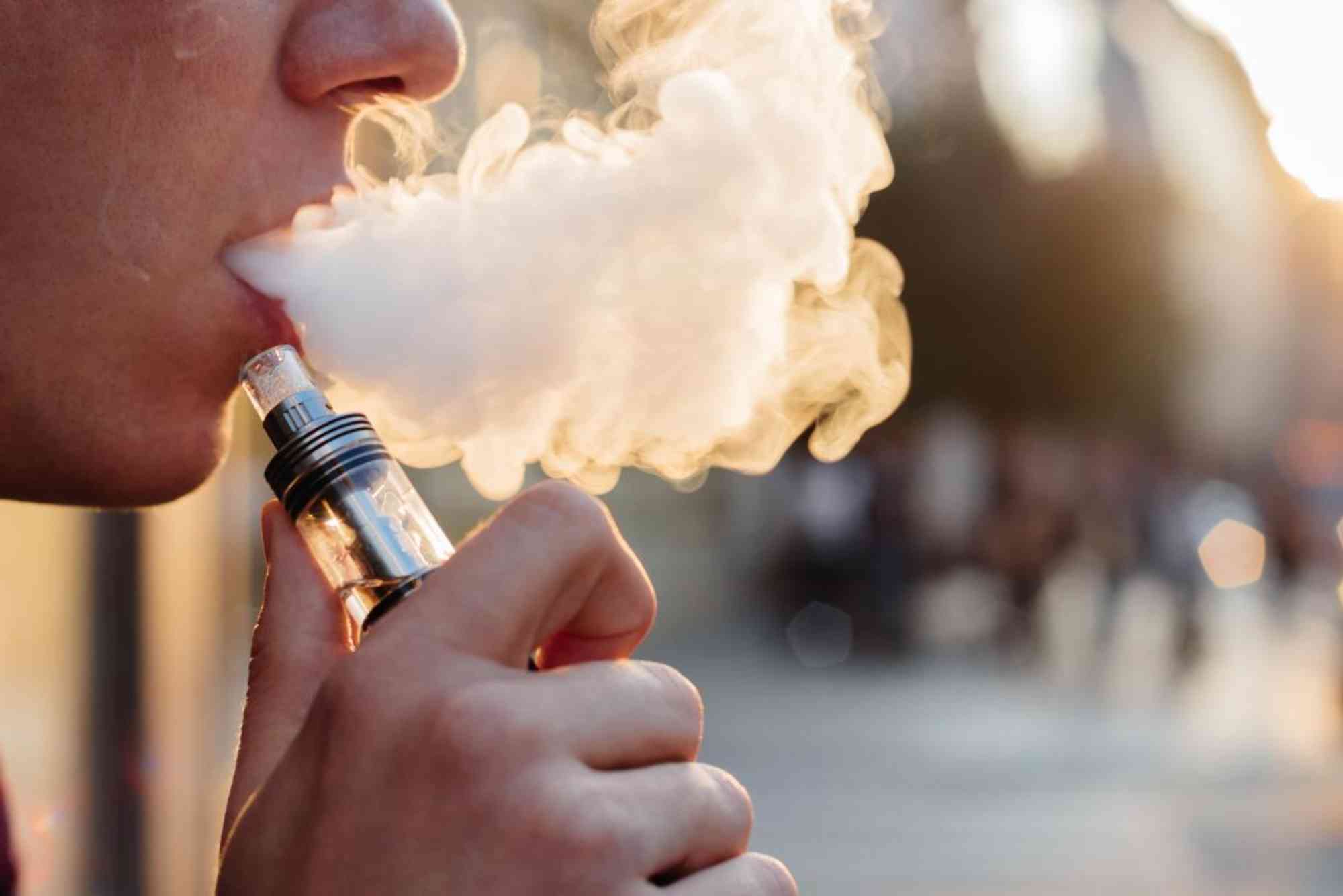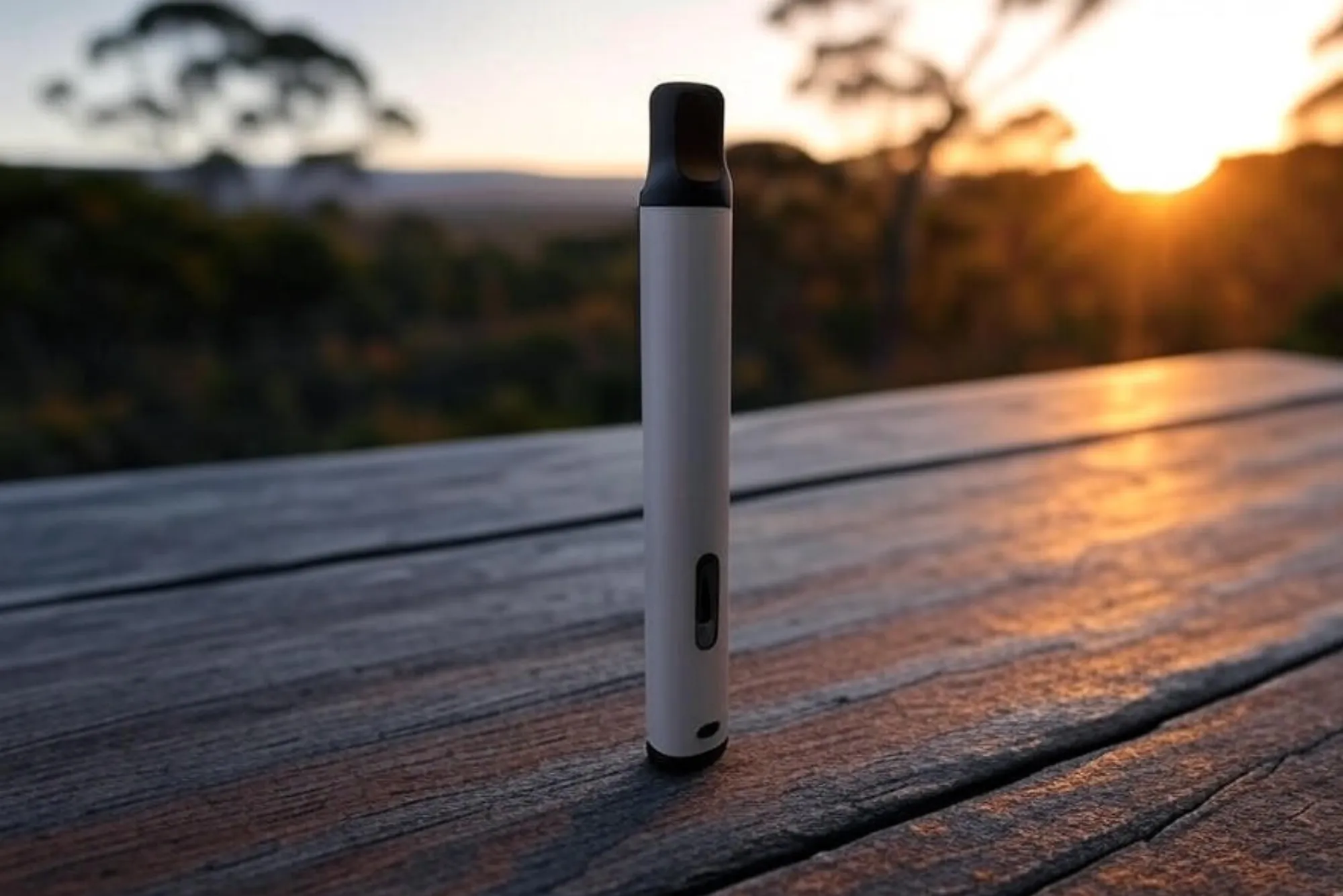Are Vapes Addictive? UAE Doctors Weigh In
Vaping has gained immense popularity globally, particularly among younger populations seeking a perceived safer alternative to smoking. However, as the trend rises, concerns about its addictive potential grow stronger. In the UAE, healthcare professionals are increasingly warning the public about the risks associated with vaping. But what makes vaping addictive? Is it as dangerous as smoking? Let’s delve into the insights shared by UAE doctors to uncover the truth about vape addiction.
Understanding Vape Addiction
Vape addiction stems primarily from nicotine — a highly addictive substance found in many vaping products. While some e-liquids are marketed as nicotine-free, many contain varying levels of nicotine that can lead to dependency.
According to Dr. Ahmed Al Mansoori, a pulmonologist based in Dubai, “Nicotine stimulates the release of dopamine, a neurotransmitter associated with pleasure and reward. The more you vape, the more your brain craves that dopamine surge, leading to addiction.”
How Nicotine Affects the Brain
Nicotine is a psychoactive substance that alters brain chemistry. When inhaled through vaping, nicotine reaches the brain in seconds, triggering a release of dopamine. Over time, the brain becomes accustomed to this surge and requires more nicotine to achieve the same effect, leading to dependency.
In the UAE, the increasing availability of flavored vape products has further intensified concerns. Dr. Fatima Rashid, a psychologist specializing in addiction, states, “Flavors like mango, mint, and bubblegum mask the harshness of nicotine, making vaping more appealing to young users. This increases the risk of addiction, as they consume more nicotine without realizing it.”
Why Vaping Is Popular in the UAE
Despite the risks, vaping continues to thrive in the UAE. There are several reasons for this trend:
- Perception of Safety: Many believe vaping is a safer alternative to smoking, unaware of the addictive potential of nicotine.
- Marketing Tactics: E-cigarette companies use sleek designs and enticing flavors, making vaping trendy and socially acceptable.
- Stress and Anxiety Relief: Amidst the fast-paced UAE lifestyle, many turn to vaping as a quick stress-relief mechanism.
However, UAE health authorities are increasingly focusing on public awareness campaigns to highlight the dangers of vaping, particularly its addictive nature.
Signs of Vape Addiction
Vape addiction UAE can manifest in several ways. Dr. Reema Al Qassimi, a clinical psychologist, outlines some common signs:
- Craving to vape first thing in the morning
- Inability to reduce vaping despite trying
- Experiencing irritability, anxiety, or restlessness without vaping
- Continuing to vape despite awareness of its harmful effects
- Neglecting daily responsibilities in favor of vaping
Recognizing these signs early can be crucial for seeking timely intervention.
The Health Risks of Vape Addiction
Vape addiction isn’t just about nicotine dependency; it also poses several health risks:
Respiratory Issues
Continuous vaping can irritate the lungs, leading to coughing, wheezing, and shortness of breath. Some vape products contain diacetyl, a chemical linked to a severe lung condition known as “popcorn lung.”
Cardiovascular Problems
Nicotine raises blood pressure and spikes adrenaline levels, increasing the risk of heart disease and stroke.
Mental Health Impacts
Nicotine addiction can exacerbate anxiety and depression, leading to mood swings and irritability.
Long-Term Dependence
Regular nicotine consumption alters brain pathways, making it harder to quit. This dependency can be as intense as that associated with traditional cigarettes.
UAE Doctors’ Recommendations for Overcoming Vape Addiction
Healthcare professionals in the UAE emphasize that quitting vaping requires a comprehensive approach. Dr. Khaled Bin Hamad, an addiction specialist, suggests the following steps:
- Seek Professional Support: Visit a healthcare provider to assess nicotine dependence and receive personalized treatment plans.
- Nicotine Replacement Therapy (NRT): Patches, gum, and lozenges can help reduce nicotine cravings without the harmful chemicals found in vape products.
- Cognitive Behavioral Therapy (CBT): This therapy addresses underlying triggers and helps develop coping strategies.
- Support Groups: Connecting with others facing similar challenges can provide encouragement and accountability.
- Mindful Techniques: Techniques such as deep breathing, meditation, and exercise can alleviate withdrawal symptoms and reduce cravings.
UAE Regulations on Vaping
The UAE government has implemented stringent regulations to control vaping. These include:
- Restricting the sale of e-cigarettes to those under 18 years old
- Banning misleading marketing claims about vaping being a “safe alternative”
- Monitoring and regulating the nicotine content in e-liquids
- Conducting public awareness campaigns on the risks of vape addiction
The goal is to curb the rising trend of vaping among the youth while promoting safer lifestyle choices.
(FAQs)
Q: Is vaping less harmful than smoking?
A: While vaping may contain fewer harmful chemicals than traditional cigarettes, it still exposes users to nicotine and other potentially harmful substances.
Q: Can you get addicted to vaping without nicotine?
A: Nicotine is the primary addictive component in vapes, but even nicotine-free vapes can become habit-forming due to behavioral associations.
Q: How long does it take to become addicted to vaping?
A: Nicotine addiction can develop quickly, sometimes within just a few days or weeks of regular vaping.
Q: Are there support groups for vape addiction in the UAE?
A: Yes, several clinics and wellness centers in the UAE offer support groups and counseling for those struggling with nicotine addiction.
Q: How can I help a friend quit vaping?
A: Encourage them to seek professional support, educate them about the risks, and be a source of motivation and accountability.
Vape addiction is a growing concern in the UAE, with nicotine dependency posing serious health risks. While many perceive vaping as a safer alternative to smoking, the reality is that it can be just as addictive and harmful. UAE doctors emphasize the importance of awareness, early intervention, and seeking professional support to break free from vape addiction.
If you or someone you know is struggling with vape addiction, don’t hesitate to seek help. Connect with trusted healthcare providers, join support groups, and adopt healthier coping mechanisms to regain control over your life.




